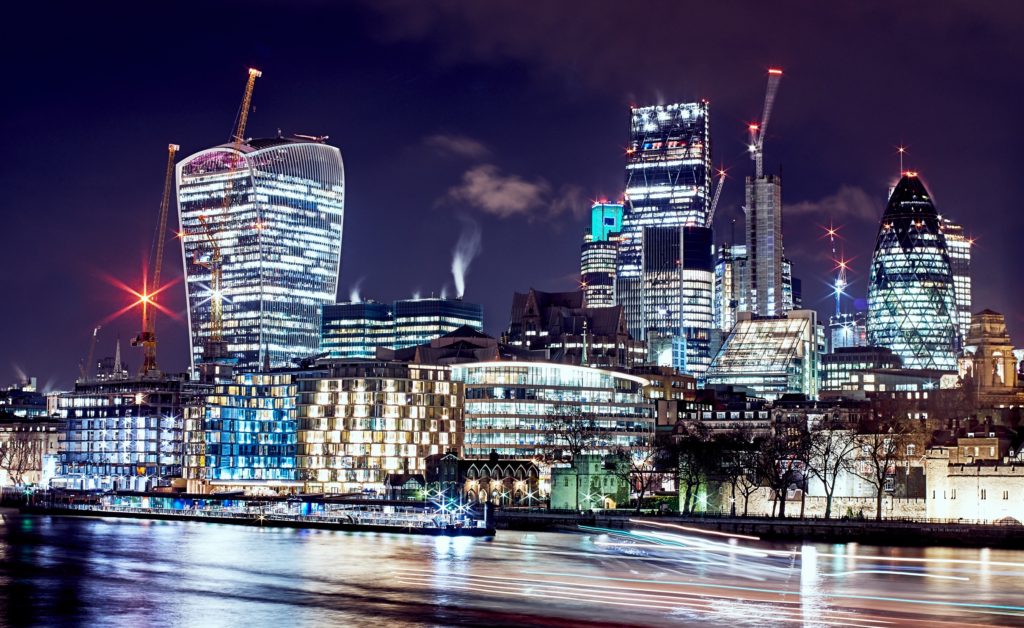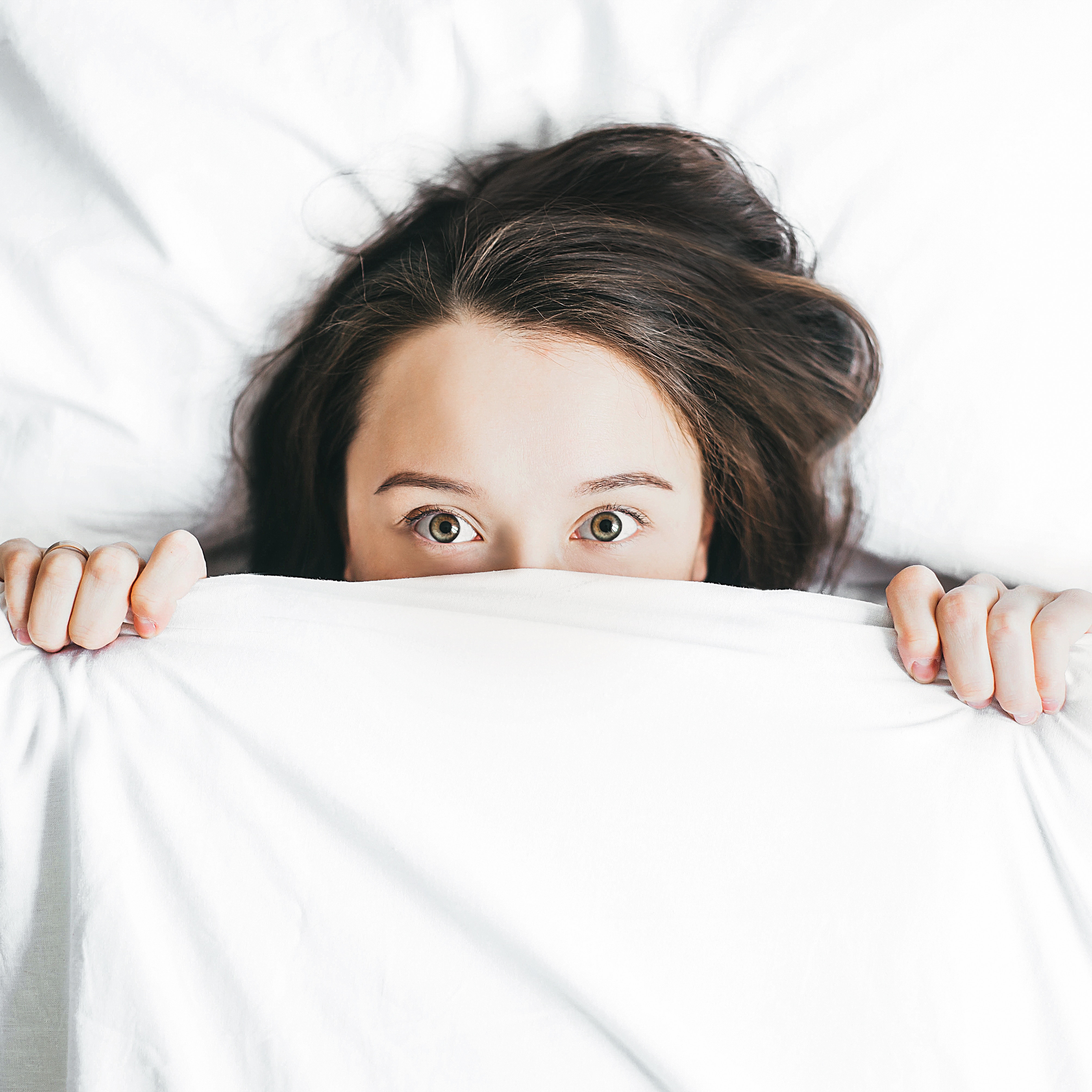Struggling as so many of us do, with merely getting up in the morning and making it to work by 8, 9 or 10am, it’s sometimes easy to forget that not everybody follows a traditional nine-to-five work schedule.
In fact, over 1.3 million Britons will regularly find themselves working at night, as well as approximately 22 million Americans. Bar staff, cleaners, taxi drivers, call-centre staff, doctors and nurses, we are quickly becoming evermore reliant upon shift-workers to maximise our quality of life, as exemplified by the recent proliferation in around-the-clock delivery services, from Amazon Prime, Deliveroo, Uber Eats and beyond.
This isn’t new however. Since the growth in electronic, artificial lighting in the late 19th century, the demand for a 24 hours service economy has grown significantly. Whether in order to maximise chances of profitability for employers, or to satisfy demands for more flexible working hours, Leon Kreitzman is probably right to suggest that we are quickly moving towards a 24 hour society.
There are of course, numerous immediate benefits for those who work evening or night shifts, whether according to a multiple or rotating shift schedule. It may be that your ideal job requires you to work night shifts. Or, if you’re a new parent, college student or school pupil, night shift work can allow for you to earn an income in a manner that doesn’t interfere with the traditional work-day. Then of course, there’s the usual – but far from inevitable – rise in earnings for work that occurs beyond the traditional work-day.
But notice how I write, ‘immediate’ benefits to shift work. As anyone who has partaken in shift work can attest to, you often find yourself battling against something when trying to fall asleep at 10am in the morning, in preparation for a work day that begins at 7pm in the coming evening. And that ‘something’ is your internal body clock or circadian rhythm.
From body temperature to alertness, hunger to sleepiness, it’s our internal body clock – or suprachiasmatic nucleus (SCN) region of the hypothalamus more specifically – that regulates some of our most important bodily functions, according to a 24 hour cycle. To do this, the SCN relies upon environmental factors, like temperature and light, to determine the time of day. So, in most adults, your SCN will cause your level of sleepiness to peak from about midnight to 7 am. But when you are working a night shift, you will be expected to essentially fight against your body’s biological clock to stay alert and awake during the night, and struggle to rest during the day when your body most expects to be attentive.
It will come as no surprise therefore, how many of those regularly working during the night suffer from some form of sleep-deprivation. In the United States for example, 25% to 30% of shift workers report excessive sleepiness or insomnia, and as much as $40 billion is lost each year due to sleep-related accidents and affected work performance.
Moreover, significant alterations to our circadian rhythm over a relatively long period of time, has been proven to result in a condition known as shift work sleep disorder (SWSD), defined as the difficulty of “falling asleep, staying asleep, or non-restorative sleep for at least one month.” Caused by an intensive disruption to your circadian rhythm, symptoms of SWSD are wide-ranging, including insomnia, excessive sleepiness, depression and anxiety.
The World Health Organisation even deemed night shift work as a probable carcinogen in 2007, due to the circadian rhythm’s importance in preventing cancer, cardiovascular diseases, and various forms of cognitive impairment.
In that sense, preparing your sleep for shift work is important. Very important. But then, is there really anything we can do? If we are moving inevitably towards a 24 hour society, how can we ensure that those working night shifts aren’t made to endure severe circadian disruption, and potentially, exposing themselves, fellow employees and their customers to significant risks?
See The Light
Despite the stream of negative press that continues to surround ‘blue light’, the short-wavelength light isn’t entirely bad. Recent studies have even shown the potentially positive impact that exposing yourself to intensive bursts of blue light can have on your biological clock.
Food, Glorious Food
What we are trying to do is adapt your biological clock to your current work schedule, and together with light and temperature, food acts as a cue for your body clock. So, eating three regular meals at three regular intervals during your work day is essential to your body clock’s successful adjustment. What’s more, cardiovascular diseases are prominent amongst shift workers. To avoid future complications therefore, and to quickly find yourself attentive during the night-time, eat a low-fat, balanced diet, rich in fruit, vegetables and other fibrous foods, at three regular intervals during your work day, in order to improve both your stomach’s health, and indeed, your quality of sleep.
Napping Is For The Strong
Even if you’ve already enjoyed one or two cups of coffee, and spent 30 minutes wearing your AYO wearables, it’s inevitable that you’ll feel sympathetic to the slight snooze during your night shift. But remember, this is nothing to be embarrassed about, and is entirely understandable. Napping immediately prior to your work shift for example, for approximately 90 minutes, will allow you to enter work feeling fully-attentive, something immensely important for those working high-pressure jobs at the hospital or on the road. Just remember, it’s not lazy to be struggling to stay awake when you’re working the night shift, and adapting to a new regime of wakefulness and sleepiness will take significant time and effort. Allowing yourself a nap during your ‘lunch break’, and utilising the power of something like the Naptime – the world’s first power nap assistant – is not only well-deserved, but essential to your effectiveness at work.
Limiting Sound and Vision
The likelihood is that anybody keeping to a sleep schedule regularly occupied by ‘night owls’ will require a somewhat unique sleeping arrangement. Finding a way to prevent light from seeping into your eyes, and reducing loud disturbances is indeed, difficult, but still possible. Why not, maintain a sleep/work schedule at your home, ensuring partners, friends or children, can be sure to keep track of your desired sleeping schedule, and act accordingly in keeping noise to a minimum? What’s more, investing in a high-quality sleep mask will ensure that you won’t be exposed to light during the day, and your circadian rhythm comes to view daytime, as night-time and thereby, bedtime. It’s your ‘sleep utopia’ remember…
Shift Work
At the end of the day, shift work impacts upon each of us in different ways. For those of us who feel more energetic and more attentive during the night, or ‘night owls’ for example, their circadian rhythms will inevitably be more attuned to the demands of the night shift. But for others, becoming more aware of your body’s natural rhythm, and following the four steps outlined above could be essential to maintaining your general well-being.
What’s more, if you are fortunate enough to have the choice between a traditional nine-to-five work day and night shift work, perhaps consider to what extent you would be willing to undertake the same sleeping pattern every day, every week. After all, due to the demands of our circadian rhythm, keeping a regular schedule is essential when aligning your body clock with your sleeping pattern, and altering your sleeping pattern again during your time off will only disrupt your body clock once again before you return to work.
In other words, as with anything else concerned with the world of sleep, enhancing your quality of sleep begins and ends with you. What do you need? What do you really want?
Are you a night owl or early bird? Does your home allow for you gain high-quality rest when you get home from work during the day? And does your work provide you with the necessary nap-times and level of understanding, to allow for you to maximise you effectiveness whilst there?
After all, that’s why sleep’s important. Because you’re important.









